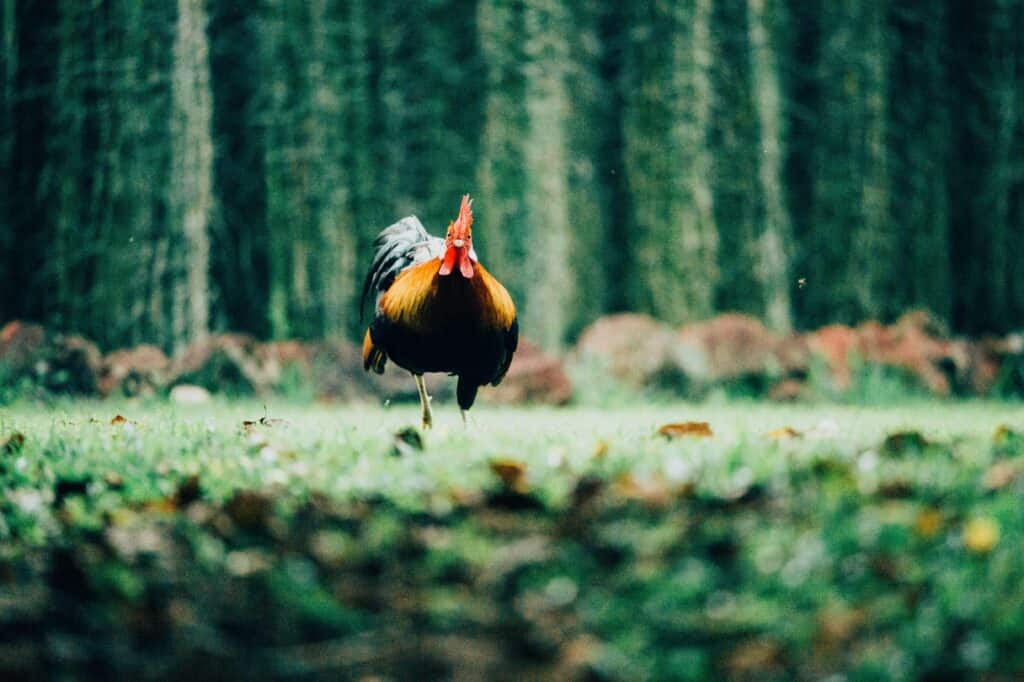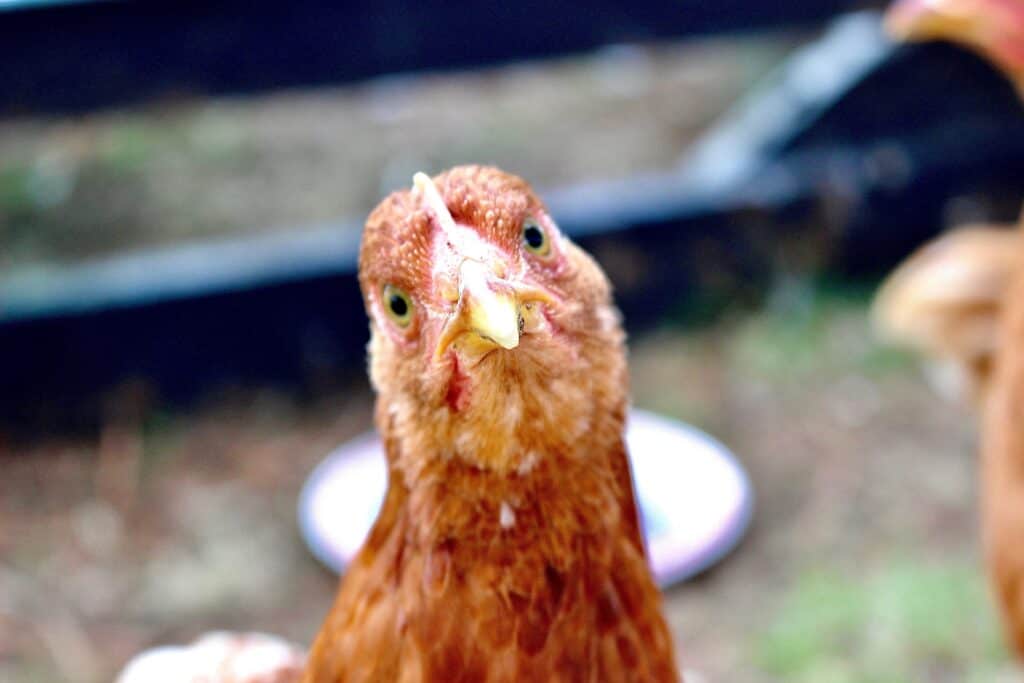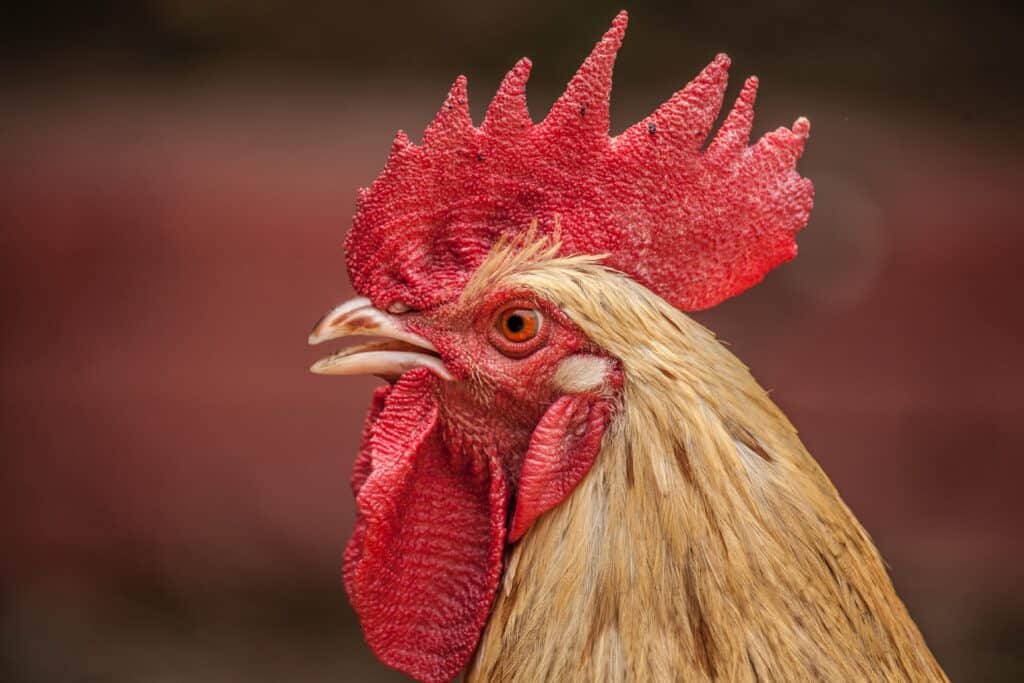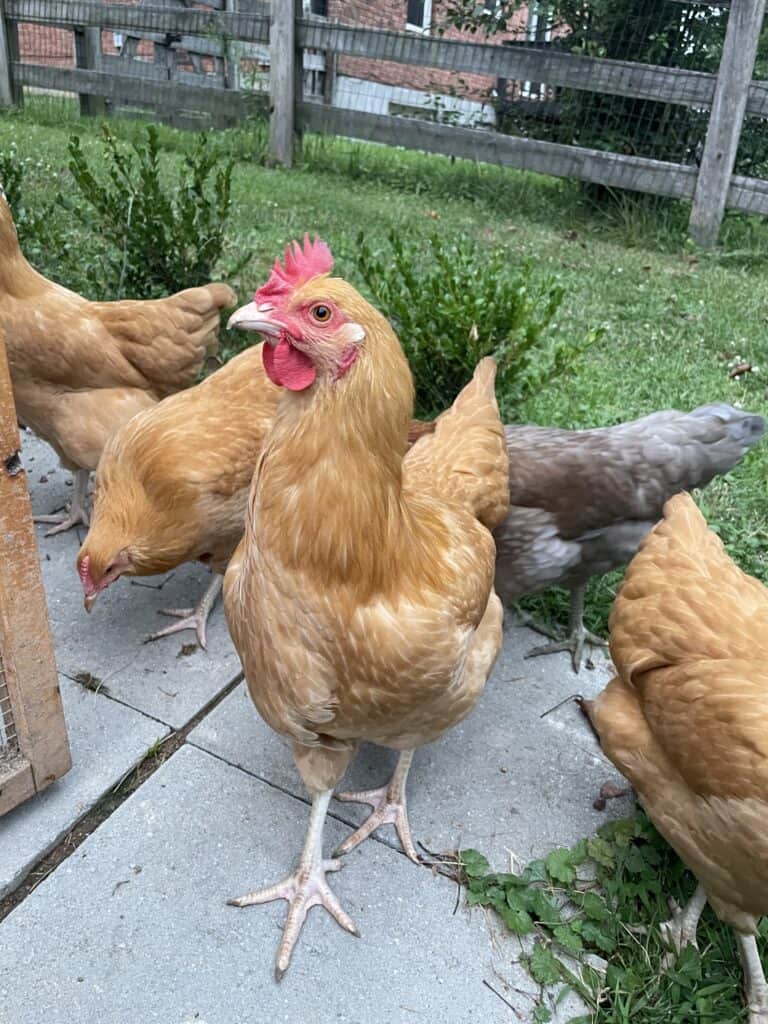5 Fun Facts About Chickens You Didn’t Know
Since getting chickens last year, I have learned so much about my feathered beauties. (You can read about my journey here.) Today I’ll be sharing some fun facts about keeping chickens that you might not know!
#1- Unwashed Eggs Can Be Stored at Room Temperature
When you buy eggs in the U.S., they have been thoroughly washed prior to being sold. As a result, store-bought eggs must be refrigerated. But did you know that farm fresh eggs can be stored at room temperature, as long as they haven’t been washed?
When a chicken lays an egg, it has a protective coating on it called a “bloom.” The bloom, also known as the cuticle, on an egg is a natural protective barrier secreted by the hen’s reproductive tract. It acts as a shield, sealing the eggshell’s pores and preventing the entry of bacteria and air which helps to keep the egg fresher for a more extended period. An unwashed fresh egg can be stored on a counter or in the pantry for up to a month. Most eggs in Europe and elsewhere in the world are sold on a shelf at room temperature!

#2- Chickens Can Be Fast
Despite their chonky appearance, chickens can run at speeds of up to 9 miles per hour. This agility is not just for fun; it’s a survival instinct developed over generations to escape predators in the wild. When startled or pursued, chickens can quickly sprint to safety, demonstrating their remarkable speed and ability to navigate their surroundings with surprising swiftness. (Everyone likes the taste of chicken, y’all.)

#3- Chickens are Descendants of Dinosaurs
Modern scientific research has uncovered compelling evidence linking birds, including chickens, to the theropod dinosaurs that once roamed the Earth. These connections are particularly evident in their shared skeletal features, such as the hollow bones and wishbone structure. While the fearsome velociraptors and Tyrannosaurus rex may seem worlds apart from our feathered friends in the coop, the evolutionary lineage that led to today’s chickens can be traced back millions of years, highlighting the remarkable story of adaptation and survival in the animal kingdom.

#4- Chickens Don’t Have Teeth
Chickens, like many birds, lack teeth in their mouths. Instead, they have a beak adapted for pecking, tearing, and grinding their food. To aid in digestion, chickens swallow small stones, known as grit, which collect in their gizzards. These stones help grind down the food in the gizzard, allowing the chicken to digest it effectively. Chickens rely on this process, along with powerful digestive enzymes, to break down their food before absorption in the digestive tract.

#5- Chickens Are Terrible Fliers
Despite the fact that chickens have over 8000 feathers on their bodies, they are not the strong fliers that many other bird species are. They have small, stubby wings in proportion to their body size, which makes sustained or long-distance flight impossible for them.
However, chickens can flutter and hop short distances, especially to reach roosting spots or escape from perceived threats. They are more adept at gliding and making short bursts of flight, typically just a few feet off the ground. Some chicken breeds are more flight-prone than others, but in general, chickens are considered poor fliers.

Chickens are more fascinating and complex creatures than we might initially assume. From their remarkable communication skills to their ancient lineage, these feathered friends have left an indelible mark on human history and agriculture. Whether you’re a poultry enthusiast or simply curious about the world of backyard chickens, these five fun facts about chickens remind us that there’s always more to discover in the world of nature’s feathered wonders.






